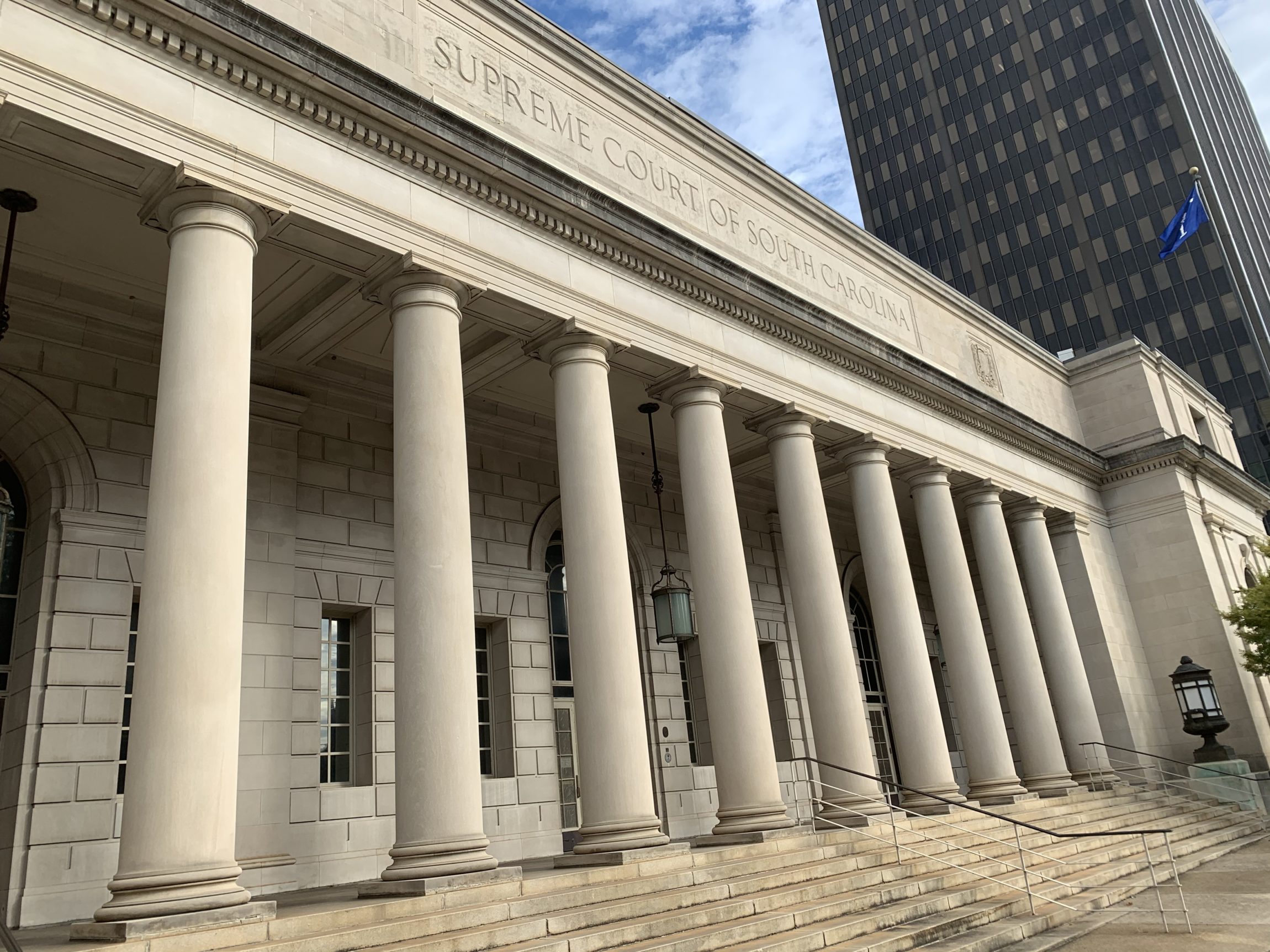ProbeGate: South Carolina Supreme Court Issues Ruling On Rick Quinn’s Sentence
Justices reject attempt by special prosecutor to throw out lenient sentence … larger issue remains unresolved.
A controversial probationary sentence imposed on a former South Carolina legislative leader was uph
